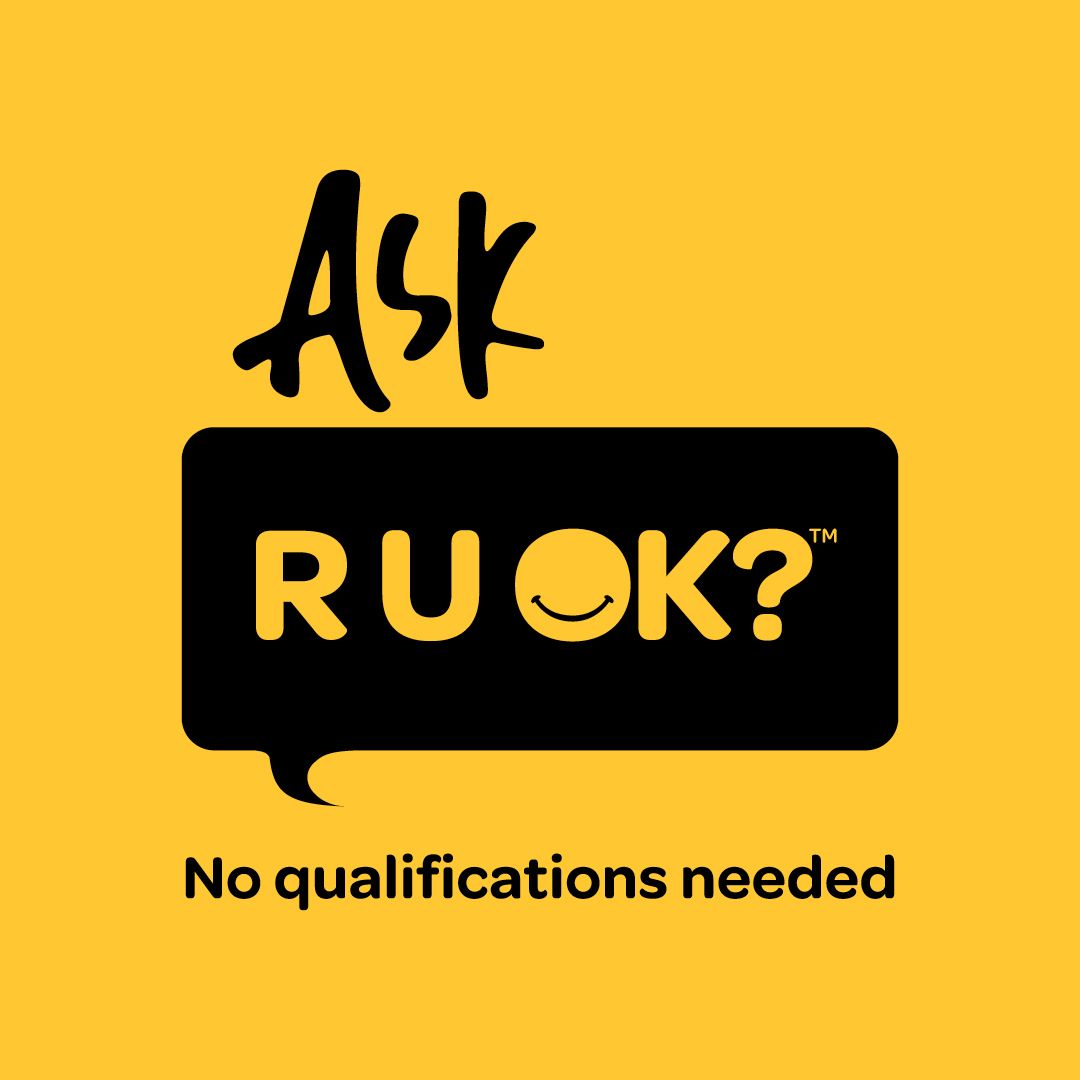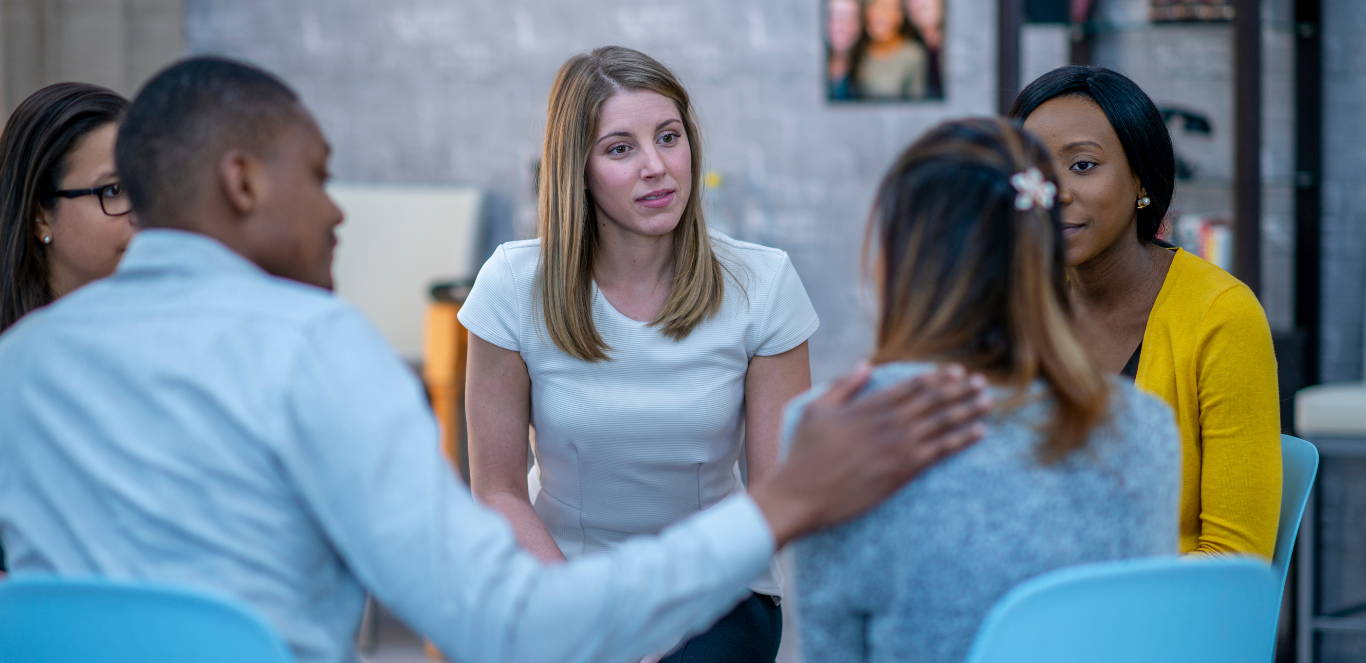OUR COMMITMENT TO YOUR PRIVACY
Mediscrubs recognises and values the protection of your personal information.
Mediscrubs has implemented this privacy policy in order to reassure our customers about how Mediscrubs will use their personal information.
1. WHAT INFORMATION DO WE COLLECT FROM OUR CUSTOMERS?
When becoming a registered customer of Mediscrubs, you may be asked to supply personal information such as your:
- name;
- address;
- telephone number;
- e-mail address
Mediscrubs may also conduct surveys or market research and may seek information from you on a time to time basis. These surveys will provide Mediscrubs with information that allows improvement in the types and quality of the products and services offered to you, and the manner in which those products and services are offered.
2. PERSONAL IDENTIFICATION
Every time you use Mediscrubs, information is collected by our service. Types of information include:
- The date and time of your visit to our website and program;
- our IP address;
- The web pages you access;
- The type of browser and operating system you are using.
The information that will be collected gives Mediscrubs details about how the website will be used including the frequency and duration of visits, and which web pages you have accessed on our site. The information we collect will not personally identify the individual user.
We will not collect any personal information, which may reveal racial or ethnic origin, political opinions, philosophical beliefs, trade union membership, or details of health, disability, sexual activity, or sexual orientation.
Personal Information via the Mediscrubs Website
Most commercial websites use cookies. Cookies are pieces of information that websites send to the browser and are stored in the computer hard drive. Cookies make using this website easier by storing information about your preferences on this website. This allows the site to be tailored to you on any of your return visits. Cookies will not identify you personally. If you would prefer not to receive cookies, you can alter your security settings on your web browser to disable cookies or to warn you when cookies are being used. However, by disabling the cookie function in your web browser you may impede your ability to use parts of the site.
Your responsibilities
Mediscrubs may provide you with a username and password or allow you to select your own username and password to access the Mediscrubs website. You are solely responsible for maintaining the security of your username and password at all times.
Your option not to provide your personal information
Giving your personal information to us is absolutely optional, however, if you do not provide it we may not be able to contact you or give you access to certain benefits. Whenever it is optional for you to provide information, we will make this clear to you. By providing your personal information you are deemed to have consented to the use and disclosure of that information as outlined in this privacy policy.
Mediscrubs may run competitions or offer added benefits to you and we may ask you to provide us with your personal details for these purposes. Giving this information to us is absolutely optional, however, if you do not provide it we may not be able to contact you or give you access to those benefits. Whenever it is optional for you to provide information, we will make this clear to you. Members have the right to opt-out of these additional communications and can do so by requesting this in writing to Mediscrubs.
3. USE AND DISCLOSURE OF INFORMATION
Your personal information, including your e-mail address, will be used for two primary purposes. First, it will be used to ensure the proper functioning of the Mediscrubs website. Secondly, it will be used for marketing, planning, product development, and research requirements of Mediscrubs.
Specifically, Mediscrubs will not use or disclose or permit the use or disclosure of personal information that could be used to identify an individual member in any circumstances except:
- to ensure the proper functioning of the Mediscrubs website in relation to the member in question (for example, to confirm membership and acceptance of the Terms and Conditions, to seek the member’s views on the operation of the Mediscrubs Website in order to improve member service, and to communicate promotional offers and special events.
- to provide you with goods or services you order or other information you request.
- Mediscrubs is required or authorised by law or if it is reasonably necessary to enforce the law or the information is necessary for the establishment, exercise, or defence of a legal claim;
- there are reasonable grounds to believe that disclosure is necessary to prevent a threat to life or health; or
you have given express consent to Mediscrubs for a particular purpose.
- Mediscrubs will never sell, distribute, rent, license, disclose or reveal, share or pass the information onto any third parties, other than those who are contracted to Mediscrubs to assist Mediscrubs to perform its business functions.
4. TERMS OF USE
We will take all reasonable steps to ensure that all information collected from you that we use or disclose is accurate, up to date, complete, and stored in a secure environment accessed only by authorised Mediscrubs personnel.
Please keep in mind that no information transmitted over the Internet can be guaranteed to be 100% secure. We will endeavor to protect your personal information, however, we cannot ensure or warrant the security of any information you transmit to us or receive from our online products or services. These activities are conducted at your own risk. Once we receive your transmission, we will use our reasonable efforts to ensure its security.
5. UNSUBSCRIBE FROM THE MEDISCRUBS EMAIL DATABASE
To unsubscribe from the Mediscrubs e-mail database, simply log in to your account and change your preferences so that you no longer receive our newsletter.
6. HOW CAN I ACCESS, CORRECT, OR UPDATE MY INFORMATION?
You can always access the information and content that you provide to us. If the change to personal information impacts your membership to any Mediscrubs product or services you will need to login to your account or contact Mediscrubs with your Mediscrubs personal information in order to edit your registration information.
If you wish to access or modify personal information that you have provided to us not directly available in your account, please contact us at sales@mediscrubs.com.au.
7. HOW TO CONTACT US
If you have any concerns or questions, please contact Mediscrubs by telephoning 07 55 376 443 or send any questions or queries via our email sales@mediscrubs.com.au.
Mediscrubs reserves the right to modify or amend this Statement at any time.
Exchange Policy
Mediscrubs will exchange all items within 30 days. We will not exchange orders with embroidery, which are washed or worn. Please send the order or item back to Mediscrubs, 12/8 Centre View Drive, Biggera Waters, QLD, 4216 with a note and we will exchange and send it to you. We want you to be happy with your uniforms and we appreciate your business.
 The Challenges
The Challenges






